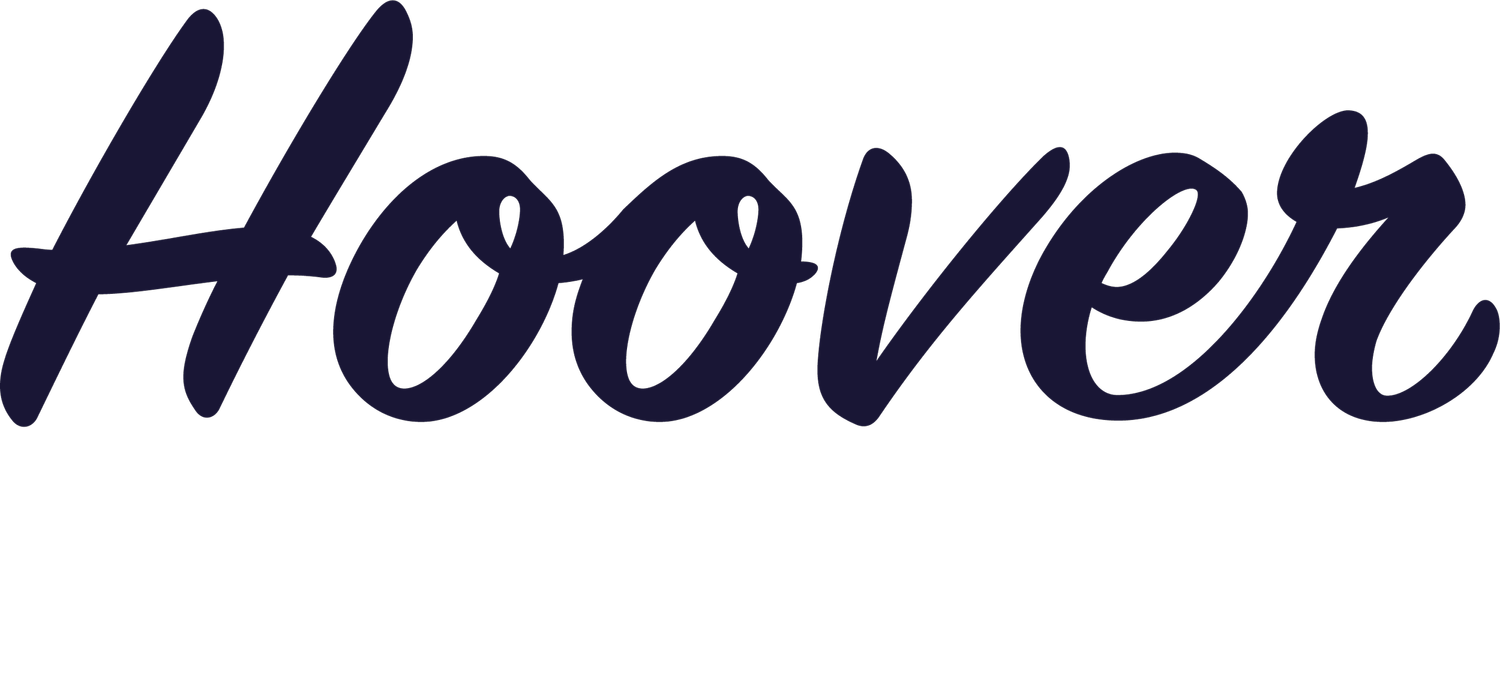Dyslexia Therapy That Works: Real Stories of Hope and Progress
Every child deserves the chance to experience the joy of reading with confidence. For families navigating dyslexia, that journey can feel overwhelming—but it doesn’t have to stay that way. At Hoover Learning Group, evidence-based instruction and compassionate support come together to transform frustration into progress and self-doubt into pride. Through real family stories and proven interventions, this piece reveals how the right approach to dyslexia therapy can open doors to lasting confidence, academic growth, and renewed hope.
8 Facts About Dyslexia You Might Not Know
October is Dyslexia Awareness Month, a time dedicated to increasing understanding of one of the most common learning differences worldwide. Dyslexia affects how individuals process language, often making reading and writing a daily challenge. Yet, it is important to remember that dyslexia does not reflect intelligence or potential. Many individuals with dyslexia demonstrate extraordinary creativity, problem-solving skills, and leadership.
When Your Child Is Diagnosed with Dyslexia: A Parent’s Guide to Next Steps
When a child is diagnosed with dyslexia, it can feel overwhelming—but it’s also the first step toward understanding how they learn best. With evidence-based structured literacy, multisensory teaching, and the guidance of Certified Academic Language Therapists, children can overcome challenges and thrive in school and beyond. At Hoover Learning Group, we partner with families and schools across Brentwood, Murfreesboro, Hendersonville, and Louisville to ensure every child receives compassionate, research-backed dyslexia intervention tailored to their needs.
How Hoover Supports Students with Dyslexia and Their Families During Fall Programming
Fall can be a challenging season for families of children with dyslexia as school schedules and activities ramp up. At Hoover Learning Group, we provide compassionate, evidence-based support through structured literacy programs, certified dyslexia specialists, and family-centered guidance.
Dyslexia Tutors vs Dyslexia Therapists
Dyslexia Intervention: Tutors vs. Therapists:
As a parent of a child with dyslexia or suspected reading difficulties, finding the right support can feel overwhelming. With various professionals offering services, how do you know which is most appropriate for your child? Today, we're breaking down the important differences between dyslexia tutors and Certified Academic Language Therapists (CALTs) to help you make informed decisions for your child's literacy journey.
Signs of Dyslexia: What to Look for in Children of Varying Ages.
As a Certified Academic Language Therapist and Licensed Dyslexia Therapist (CALT and LDT), I've worked with countless families navigating the journey of dyslexia. One of the most common questions I hear from parents and educators is, "How do I know if my child/student has dyslexia?"
ADHD Across the Lifespan: Signs in Children and Adults
At Hoover, we often meet parents who are trying to understand attention-deficit/hyperactivity disorder (ADHD) - both in their children and sometimes in themselves – as it often accompanies dyslexia and other reading disabilities. ADHD is a neurodevelopmental condition that can affect focus, impulse control, and activity levels, but its presentation can vary dramatically between childhood and adulthood. As an adult with ADHD myself, I'd like to walk through how this may appear at different life stages and then also offer local resources for extended professional help.
Understanding Dyslexia Beyond Reading: Common Co-occurring Conditions
Dyslexia rarely exists in isolation. While primarily known as a learning disorder affecting reading skills, dyslexia frequently co-occurs with other conditions that can impact a child's development, learning, and well-being. Understanding these co-morbidities is crucial for parents seeking comprehensive support for their children.
Orthographic Mapping: A Powerful Tool for Reading Success
Understanding the science behind how children learn to read fluently
As educators and parents, we all want our children to become confident, fluent readers. But the journey from sounding out each letter to instantly recognizing words can seem mysterious. What exactly happens in a child's brain during this crucial transition? The answer lies in a process called orthographic mapping – and understanding it can transform your approach to helping struggling readers.
More Than Reading Backwards - What is Dyslexia?
Dyslexia is a language-based learning disability. Dyslexia refers to a cluster of symptoms, which result in people having difficulties with specific language skills, particularly reading. Students with dyslexia usually experience difficulties with other language skills such as spelling, writing, and pronouncing words.
Back To School Tips for Parents of Dyslexic Students
For children with dyslexia, the start of school can be a stressful time. However, with the right strategies and support, including dyslexia tutoring, you can set your child up for a successful and enjoyable school year. Here are some friendly tips to help your child thrive as they head back to school.
Dyslexia-Friendly Children’s Books
For most children with dyslexia, reading is already a struggle, but when you go to the bookstore or library to try to find something to read and everything is a small print or crazy fonts, it makes it even harder. That’s why we’d like to share this list of books with dyslexia-friendly typefaces.












